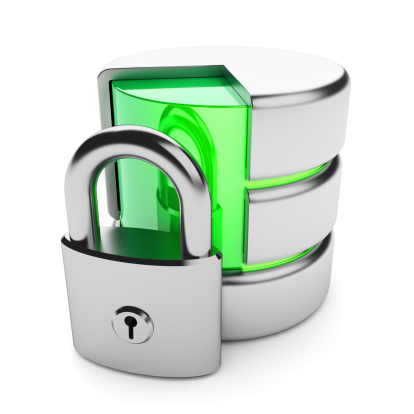 Did you know that—?
Did you know that—?
If your small business has a weak security system, it will be targeted in attacks aimed at larger corporations?
The threat of cyber criminals accessing your confidential business data and your money is more real today than ever before.
The U.S. House Committee on Small Business reports that:
“Small businesses generally have fewer resources available to monitor and combat cyber threats, making them easy targets for expert criminals. In addition, many of these firms have a false sense of security and believe they are immune from a possible cyber-attack.”
The U.S. government also believes that state-sponsored cyber attacks and espionage will continue to grow.
Don’t lull yourself into a false sense of security. Take action before the criminals do:
1. Educate your employees, and develop a written security policy for your business. Educate your employees about the real possibility of cyber attacks. Include information about the threats of opening emails or clicking on suspicious links. They should also be cautious about downloading apps on mobile devices they use for business. Stay current about the latest, security issues (contact {company} and we can help}, and update your policy as needed. You should also create a contingency plan if business data is compromised, or if your employees’ personal computer devices containing business information are lost or stolen.
2. Use strong passwords and change them regularly.
Don’t use common ones like:
“123456” “qwerty,” “welcome,” “ninja,” and “abc123″
Use difficult-to-decipher passwords. Try using words spelled backwards, and throw in a random special symbol or number. Also, use different passwords on all your accounts. Stay a step ahead of the hackers with difficult-to-crack, and numerous passwords.
3. Encrypt, encrypt, encrypt.
Encrypt your data to ensure it is safe. In this case it will be safe even if it’s contained on a lost portable device. Also make use of encryption software that scrambles data so it’s unreadable by cyber criminals. Check out Windows BitLocker Drive Encryption (http://windows.microsoft.com/en-US/windows7/products/features/bitlocker), or FileVault for your Macs (http://support.apple.com/kb/HT4790).
4. Do you know what’s on your network? You might be surprised.
You need to know what’s going on inside your network. If you notice any strange activity, call {company} before your data is compromised. Only a true security expert can protect you in this case.
5. Ensure you and your employees safeguard devices when traveling.
Did you know that in high-risk countries like China, Russia or Iran, computers are often physically searched when you’re out of your hotel room? Be sure to keep your computing devices with you at all times. Avoid bringing your smartphone to these countries as well. They may be spied on when you use them. It might even be a good idea to use a separate computer just for travel purposes that doesn’t contain any confidential information. Also be sure to wipe it clean when you return home before connecting it to your networks, just in case you picked up a nasty virus!
6. Use multifactor authentication to log into your bank’s website.
This means that to access your business (or personal) account you would need some other form of identification (such as a code sent via text to your smartphone). This makes it more difficult for a thief to access your account. Did you know that the
FDIC (U.S. Federal Deposit Insurance Corporation) recommends that you actually use a separate computer for online banking? This way you won’t accidentally download malware from email phishing links that record your keystrokes.
This is just the beginning of what you can do to protect your business from cyber thieves. For more in-depth information and precautions you should take, contact us by phone or email.



